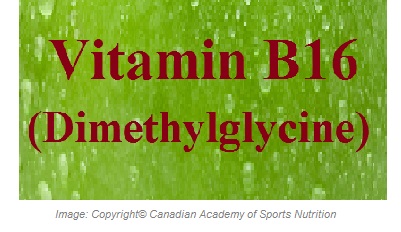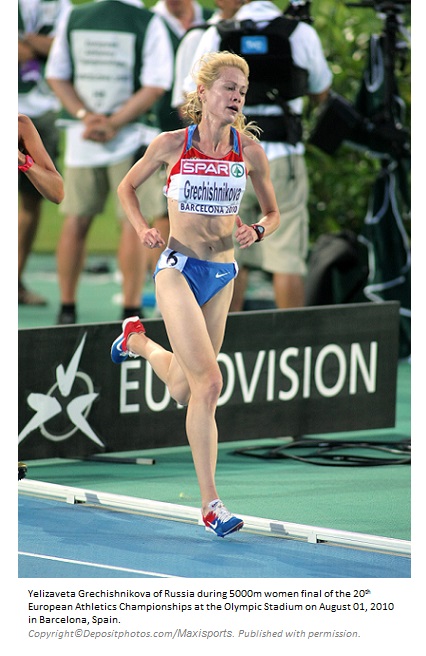Dimethylglycine (DMG) is closely related to vitamin B15, acting as a methyl donor. It is synthesized in the body
 in the Krebs cycle. (TMG), which is famous as betaine, can convert in the body into DMG. It is also produced during the metabolism of choline.
in the Krebs cycle. (TMG), which is famous as betaine, can convert in the body into DMG. It is also produced during the metabolism of choline.
Functions of Vitamin B16:
- It functions as a methyl donor.
- It may help the detoxifying processes in the liver.
- It assists the S – adenosyl methionine (SAMe) cycle.
- It acts a precursor to the amino acid glycine.
Food Sources:
Foods high in DMG include organ meats especially the liver, legumes, brewer`s yeast, sesame seeds, and pumpkin seeds.
Athletic Benefits of Vitamin B16: 
- May delay fatigue and exhaustion.
- May improve athletic endurance.
- May help athletes recover rapidly from overtraining syndrome.
- May enhance the release of growth hormone by increasing blood levels of glycine.
- May change body composition.
Non – Athletic Benefits of Vitamin B16:
- Liver detoxification.
- Chronic fatigue syndrome.
- Fibromyalgia.
- Benign prostatic hyperplasia (BPH).
- Schizophrenia.
- Epilepsy.
- Autism.
- Compromised immune system.
- Depression.
- High cholesterol levels.
- ADHD (attention deficit – hyperactivity disorder).
Dosage and Side Effects:
DMG is available as powder and tablets. The usual recommended dose is 100 – 300 mg per day. No toxicity or side effects have been reported so far.

